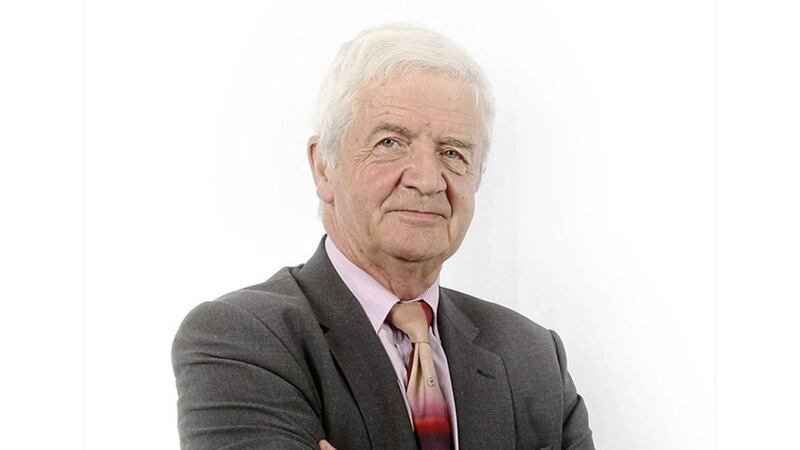Pandemics appear to have three phases: denial, panic and politics.
In Dublin, London and Belfast we are now entering the politics stage, when spin overcomes science and political leaders' ignorance of medicine (Leo Varadkar excepted) switches to their ignorance of economics. (In America, Trump is still striving to achieve the dizzy intellectual heights of ignorance.)
So welcome to the forthcoming pandemic of politics, with its three pillars of wisdom: everything was someone else's fault; if it hadn't been for our leaders, things would have been much worse and trust us, we know how to get out of this.
But the real political challenge now is how governments can return from state control of society to the free market system, which was abandoned to fight the pandemic. It will not be easy.
In Britain, the coronavirus saved Boris Johnson's political career by putting him in hospital and distracting from his shameful performance as prime minister. Britain's death toll is approaching 20,000. Germany, with a similar population, has had under 4,000 deaths.
Both countries had the same approach until March 12, when Johnson stopped testing and contact-tracing anyone with symptoms. Germany continued with both.
Britain has neither the strategy nor the basic facilities and equipment to tackle the virus. So Johnson is now putting his ministers in the firing-line until he can claim that the worst is over and announce his intention to lead Britain into the post-pandemic promised land. But re-building the British economy is probably beyond him and he may not survive within his own party.
In Ireland, Leo Varadkar managed to avoid any blame, even though in the denial stage he allowed about 20,000 Irish race-goers to return from Cheltenham without testing, tracing or self-isolation. His health minister said at the time that self-isolation would be "counter-intuitive". (I have no idea what that means.)
The Irish health system was already in trouble and Varadkar sat idle for two months instead of preparing for the worst. Since then he has performed better, his reputation boosted by state-of-the nation addresses, a bit like Robert Emmet's speech from the dock: "My expressions were for my countrymen."
So he has turned a health crisis (particularly in nursing homes) into political success, by preaching a form of medical patriotism. His aim now is to consolidate that success in coalition with Fianna Fáil, which will be a more difficult challenge.
(A more serious problem for the new government will be the near collapse of the EU and the sorry state of the Euro. But that's a story for another day.)
Meanwhile at Stormont, the denial and panic stages of the pandemic rarely strayed from sectarian division. Now, in what passes for our political phase, Sinn Fein and the DUP have progressed from falling out over school closures to arguing over graveyard closures. (The obvious solution is to leave the Catholic ones closed and open the Protestant ones.)
The political immaturity of both parties leaves Stormont ill-equipped to face the economic challenges ahead, as evidenced by SF's savage attack on Robin Swann. It said it was holding Swann to account, but that's the job of a parliamentary opposition, which SF does not want in Stormont. (The two main parties in Dublin are probably relieved they excluded SF from coalition down there.)
Although varying in their political responses, London, Dublin and Belfast now all face the same problem. It is not just a matter of deciding when to open parks and playgrounds. The real challenge is to re-engineer society back from a form of communism (which has generally worked well) to free enterprise, with no clear idea of the roles, rights and responsibilities of government.
It will not be easy, with high unemployment, reduced income, increased debt and closure of businesses. Much depends on the health of the US economy. If it fails, the dollar will collapse and with it, the world economy. At that point, politics may not be enough to save some governments and even some states.
Compared to what we are currently facing, the virus was relatively easy to deal with. Now comes the hard bit.









